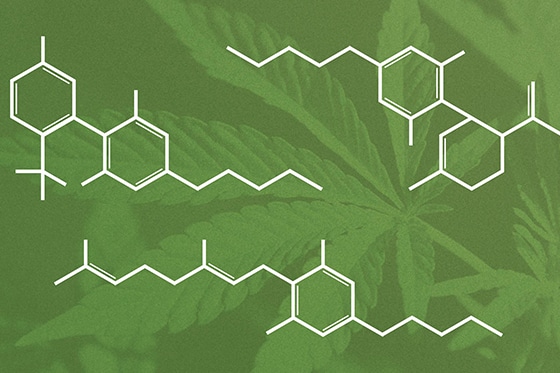
Hemp oil-infused topical products have garnered significant attention in recent years for their potential therapeutic effects on skin and muscles. In this blog post, we delve into the scientific mechanisms by which these products penetrate the skin and muscles, facilitating targeted relief using a unique formulation.
Hemp oil, derived from the Cannabis sativa plant, is rich in phytocannabinoids, particularly cannabidiol (CBD), which has been widely studied for its anti-inflammatory, analgesic, and antioxidant properties. As a result, hemp oil-infused topical products are becoming increasingly popular as a complementary treatment for various skin and muscle conditions. Here, we
explore the scientific basis for the penetration and efficacy of these products in the targeted area, utilizing a distinctive blend of organic ingredients.
At the molecular level, the skin is composed of three primary layers: the epidermis, dermis, and subcutaneous tissue. The outermost layer, the stratum corneum, serves as a barrier that prevents the penetration of most substances. However, certain lipophilic compounds, such as CBD and other phytocannabinoids found in hemp oil, have the ability to penetrate this barrier
due to their affinity for lipid-rich environments.
The penetration of hemp oil-infused topical products is facilitated by the unique formulation containing ingredients such as aloe barbadensis leaf juice, hydroxyethyl acrylate, and helianthus annuus (sunflower) seed oil. These ingredients create a hydrophilic environment that enhances the absorption of lipophilic compounds, allowing them to permeate the stratum corneum more effectively.
Once the hemp oil compounds have penetrated the stratum corneum, they can continue to diffuse through the epidermis and dermis layers, interacting with various skin cells, including keratinocytes, fibroblasts, and immune cells. The anti-inflammatory and analgesic effects of CBD are believed to be mediated by its interaction with the endocannabinoid system (ECS), a complex cell-signaling system that plays a crucial role in maintaining homeostasis within the body. The ECS consists of cannabinoid receptors, endogenous cannabinoids, and enzymes responsible for their synthesis and degradation.
CBD primarily interacts with the CB1 and CB2 receptors, which are predominantly found in the central and peripheral nervous systems, as well as in immune cells. By modulating the activity of these receptors, CBD can effectively regulate the release of pro-inflammatory cytokines and inhibit nociceptive signaling, thereby reducing inflammation and pain in the targeted
area.
In addition to its effects on the ECS, CBD’s antioxidant properties contribute to the overall health of the skin. By neutralizing
reactive oxygen species (ROS) and reducing oxidative stress, CBD can protect skin cells from damage and promote tissue repair. The presence of other organic ingredients such as sambucus nigra (elderberry) extract and essential oils further
complement the therapeutic properties of hemp oil-infused topical products.
The scientific basis for the efficacy of hemp oil-infused topical products lies in the ability of lipophilic compounds, such
as CBD, to penetrate the skin’s lipid-rich layers and interact with the ECS and other cellular components. With a unique formulation that enhances absorption, these products can provide targeted relief for various skin and muscle conditions.












